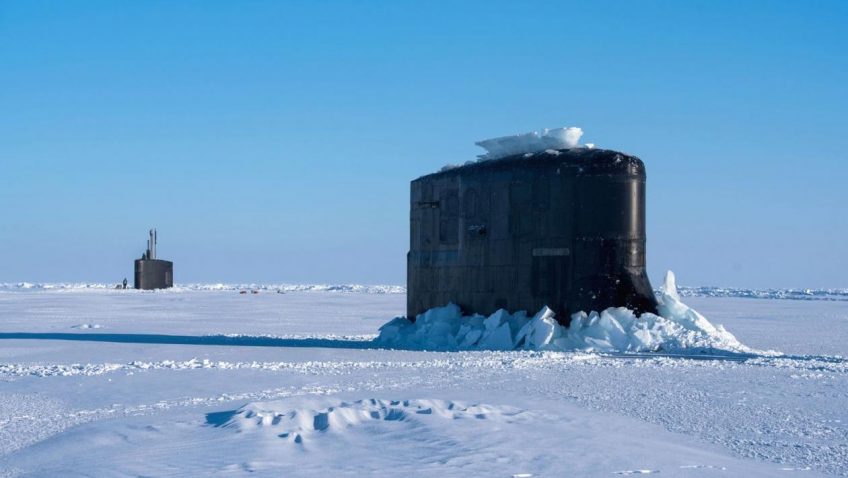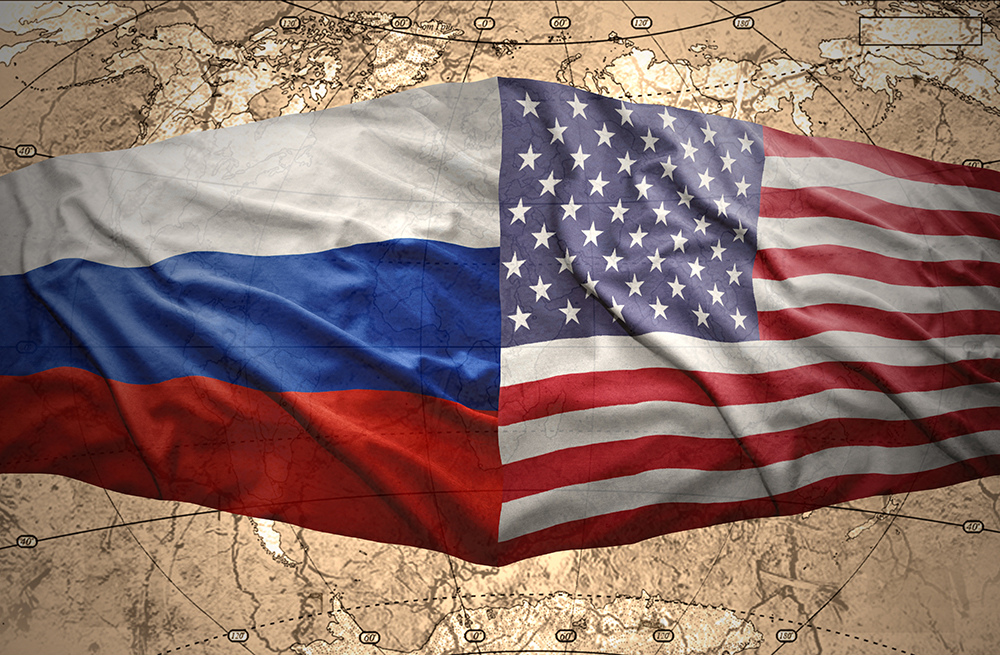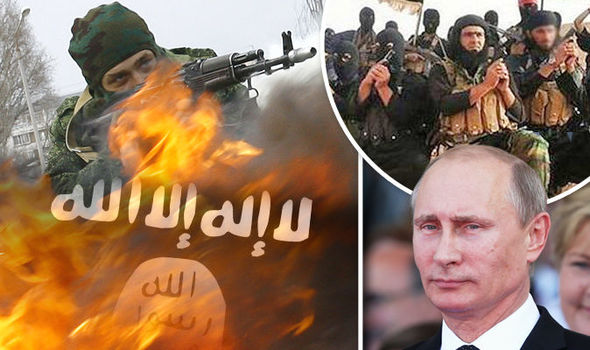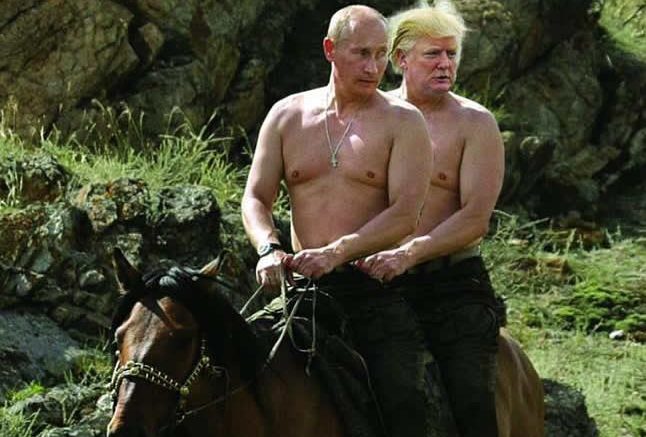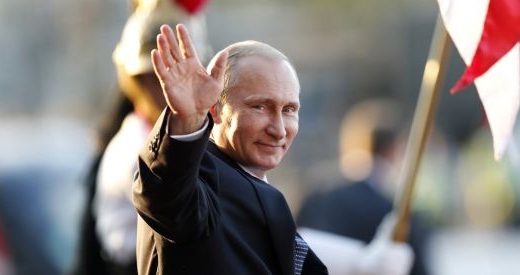The energy security dilemma facing Europe is likely to worsen as the effects of climate change materialise in the Arctic Circle. The balancing act between securing consistent and reliable supplies of energy while limiting Europe’s Russian gas dependency will only become more difficult as Russian energy exploration in the Arctic expands. Until recently, thick sea ice and narrow maritime corridors have made energy extraction in the Arctic an expensive endeavour. However, rising global temperatures as a result of increasing CO2 emissions have seen ice coverage reduce substantially, exposing the regions vast reserves of oil and natural gas resources.
The Arctic Circle contains an estimated one third of the world’s undiscovered natural gas resources, of which 60% is claimed by Russia as part of its Exclusive Economic Zone (EEZ). As melting sea ice accelerates, Russia is in pole position to benefit from access to the vast amounts of energy reserves, and in the process further solidify its stranglehold on European energy markets.
Russia wields significant power over European energy markets. Close to one third of Europe’s natural gas needs are imported from Russia, with at least 14 European countries importing more than 50% of their gas from Russia, something which has frequently caused headaches for European powers. Russia has repeatedly leveraged Europe’s energy vulnerabilities to further its own strategic interests and apply political and economic pressure on weaker European nations. Disputes between Russia and Ukraine have resulted in disruptions of Russian energy supply into Ukraine, the main transit route for Russian natural gas. Central and Eastern Europe along with the Baltic States are particularly vulnerable to energy supply disruptions from Russia and In 2011, the European Commission accused Russian energy company Gazprom of abusing its role as a monopoly in Eastern European gas markets by hindering cross-border gas flow and setting different prices in each state.
Russian hydrocarbon exports to Europe would increase further with Russian energy extraction in the Arctic, granting it even greater control over the European energy market and exacerbating already fractious EU-Russia energy relations. Exploiting the Arctic’s natural resource potential is seen as one of Russia’s main strategic priorities as it attempts to bolster its economic and social development. Russia has offered billions of dollars’ worth of tax cuts to companies pursuing energy extraction in the region in the hopes of advancing Arctic infrastructure projects.
Europe is well aware of its need to diversify its energy supply. Poland and the Baltic states have begun purchasing shipments of United States liquefied natural gas and constructing LNG terminals in the hopes of reducing dependence on Russian gas exports. However, gas imports from the U.S. are significantly more expensive than pipeline gas from Russia. Most states already have well established cross-border infrastructure pipelines with Russia, something which the U.S. is lacking. Western European energy companies have also partnered with Gazprom to expand the Nord Stream pipeline, allowing gas to be supplied to Europe from Russia via the Baltic Sea, further reducing the appeal of American LNG.
Russia has stated it is committed to expanding its resource base in the Arctic to improve its economic development and offset poor oil and gas production output in Western Siberia. Should it be successful in engaging in sustainable and cost-effective energy exploration in the Arctic as a result of melting sea ice, Russia will begin to play an even greater role in European energy markets. European states must be aware that while Russian energy extraction in the Arctic Circle would lead to greater energy security, it also carries with it significant geopolitical and strategic implications.

